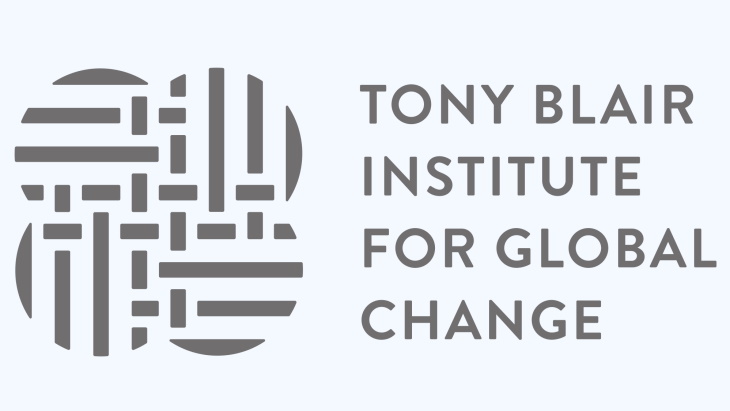"A new nuclear age is beginning, and with it a true understanding that we can no longer afford to ignore the potential of this powerful technology," the Tony Blair Institute says in its report, A New Nuclear Age. "The history of nuclear power provides a stark example of how the politics around key solutions to progress can become warped, ultimately resulting in less good outcomes."
The institute says the UK led the way, opening the first full-scale nuclear power plant at Windscale in 1956, "inspiring other nations to launch ambitious nuclear programmes". Global nuclear capacity grew rapidly, rising from less than 1 GW in 1960 to 100 GW by the late 1970s. The 1973 oil crisis further accelerated nuclear investment, particularly in oil-dependent nations such as France and Japan, which sought to reduce reliance on volatile imports.
"Many expected this growth to continue, positioning nuclear energy as a ubiquitous power source that would shape the future of global energy production," the report says. "But history did not turn out that way."
From early promise and enthusiasm in the 1960s and 1970s, nuclear energy began to face considerable opposition from protestors worried about public health and environmental impacts, the report notes. "The public understanding of nuclear power has been shaped by media headlines and dissemination of information around key accidents like Chernobyl, as well as the claims of the anti-nuclear movement," the report says. "This has resulted in an inaccurate perception of the technology's real risks and rewards.
"There are chiefly three nuclear incidents that have shaped public opinion on nuclear: Chernobyl, Fukushima and Three Mile Island. There's no denying each of these were serious accidents, but the public perception of what happened, and the knock-on impact it has had on the public's perception of nuclear safety, is not completely in line with the reality."
In the 32 years before the Chernobyl accident, 409 reactors were brought online; in the three decades following the disaster, only 194 were connected to the grid. By the mid-1980s, nuclear power made up about 15% of global electricity generation; today nuclear power plants generate about 10% of global electricity, sourced from about 440 reactors worldwide.
Had nuclear's early growth continued, the world would have reduced its CO2 emissions since 1991 by 28.9 gigatonnes, the Tony Blair Institute estimates. "This is 3.1% of the energy-related emissions in this period, about one year of energy-related emissions, or the equivalent of shutting down 903 coal-power plants (of 380 MW) for the entire period. In this scenario, global energy-related emissions in 2023 would have been 6% lower, saving 2.1 Gt of CO2. It would be the same as removing the combined 2023 emissions of Canada, South Korea, Australia and Mexico," according to the institute.
"These strong projections of emissions savings today based on observed rates of nuclear uptake in the early 1990s could still be an underestimate," the report says. "In the 1990s and 2000s, countries' decision-making around energy technologies began to shift from being simply a question of cost to incorporating questions around climate impact. If the perception of nuclear had remained more fact-based, nuclear energy could have become an even more attractive alternative and the result could have been a stronger global move towards nuclear, coupled with renewables, for baseload-power provision."
New nuclear era
The report notes that analysis by the International Energy Agency and the Intergovernmental Panel on Climate Change suggests that rapid expansion of nuclear power is now needed to meet global climate goals.
"A new nuclear era is beginning," it says. "But whether it continues will depend entirely on whether governments can better handle the risks and public opinion. Only then will they harness the power of nuclear quickly and at low cost."
It added: "This is a pivotal moment in the fight against climate change. Accelerated action is needed in every country across the world, with more rapid deployment of all types of clean technologies and new solutions to deliver clean power for all.
To achieve this, the world must learn the lessons from the history of nuclear energy. Whether it is the new nuclear renaissance or other technologies that will help fight climate change, the world cannot afford to let unfounded public concern to stand in the way of progress."
The Tony Blair Institute is a non-profit organisation set up in December 2016 by former UK Prime Minister Tony Blair. "We help governments and leaders turn bold ideas into reality," the Tony Blair Institute says. "We do it by advising on strategy, policy and delivery, unlocking the power of technology across all three."















